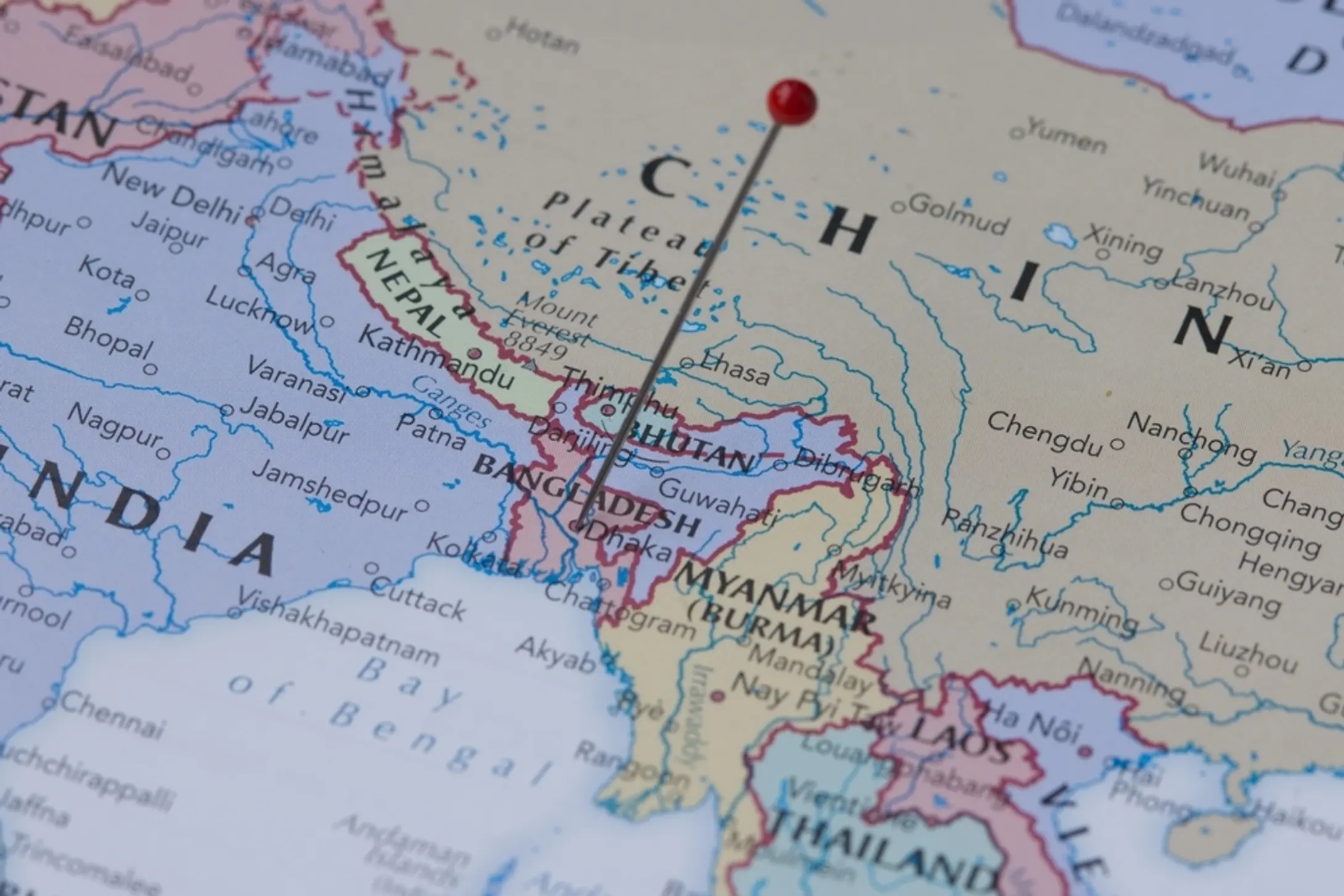12 July, 2023
Making money online
With the rising accessibility of the internet, online platform usage in Bangladesh has been increasing...

Many may gasp when they hear the words ‘innovation’ and ‘government’ in the same sentence. Today, in many countries and governments across the globe, the two remain antithetical.
Yet in my home country of Bangladesh, an entrepreneurial culture of frugality, innovation and agility is being bred in the civil service. It is our population of 171 million people who are reaping the benefits.
Civil services across the world could learn from this. In large, well-resourced civil service bureaucracies across the ‘developed’ world, the instinct is to design ‘out-of-the-box’ public service delivery programs, that remain unchanged for many years after their creation. Yet as any innovator will tell you, no system is perfect upon its first design, no matter how much money, or how many staff you might throw at it.
This is perhaps why long wait times for hospital appointments, poorly functioning mail services or complicated identification application processes still permeate many well-resourced civil services across Europe and America.
Take America; while being one of the world’s richest countries, nearly 29 million voting-age U.S. citizens lacked a valid driver’s license and over 7 million had no other form of government-issued photo identification. Equally, during Covid, the British ‘track and trace’ system cost the state £37 billion, yet still failed to fulfil its central promise of averting a second lockdown.
Bangladesh has been hailed as a model of development. Indeed, the country has come a long way since Henry Kissinger famously described Bangladesh as a basket case in 1971.
Little did Kissinger know that within half a century, Bangladesh would become one of the fastest growing economies in the world.
Agile public service delivery has had a large role to play in this quiet transformation. Smart, lean and frugal public service delivery has been at the core of Bangladesh’s development. Bangladesh may have fewer funds to allocate towards the civil service. However, this has propelled Bangladesh to ensure that every penny delivers as much value as possible.
Indeed, the country has come a long way since Henry Kissinger famously described Bangladesh as a basket case in 1971.
Agile public service delivery has had a large role to play in this quiet transformation. Smart, lean and frugal public service delivery has been at the core of Bangladesh’s development. Bangladesh may have fewer funds to allocate towards the civil service. However, this has propelled Bangladesh to ensure that every penny delivers as much value as possible.
Instead of being a hindrance, limited resources have fostered an attitude of lean public service delivery, inspired by the production processes used by Toyota in Japan’s post-war years.
This methodology encourages the development of a ‘minimum viable product’; a basic version of a product that meets the minimum requirements for use but can be adapted and improved in the future to save time, cost and visits for the citizens of Bangladesh.
When the Crown Princess of Sweden visited Bangladesh, she caught a glimpse of this methodology. When visiting the Smart Service Point Post Office in Khulna’s Koyra, she saw an MVP in action. By repurposing post offices into Smart Service Points (SSP), citizens can access more than 325 e-government e-services, including voter registration, land registry and identification document application.
The Smart Service Point (SSP) initiative is an experimental flagship programme that cost only TK 490 million ($446,701). SSPs like the one found in Khulna will monitor citizens’ challenges and feedback, and will therefore be iteratively improved over time. The scheme is set to be rolled out across 500 different post offices across the nation.
These SSPs will solve two problems for Bangladesh: the sheer size of the country and digital literacy. 68.34% of the population lives in rural areas, and only 8.7% own computers. Traditionally, this would make government paperwork a challenge with many having to walk many miles to access their local government building. Similarly, many also lacked the skills and technology to complete and file complex paperwork.
This is not the first time that Bangladesh has repurposed existing government services. Throughout Covid, Bangladesh instantly repurposed its parliament broadcasting channel into an education service for learners. By offering lessons on National TV within 24 hours of the lockdown being announced, children in Bangladesh didn’t have to go without education for longer than a day.
These agile public service delivery programmes do not exist in isolation. With a civil service empowered to take risks and innovate, widespread reforms have unfolded across Bangladesh’s National Identification System, healthcare services, education, utility and public transport services. It should come as no surprise that Bangladesh is set to graduate from its LEDC by November 2026.
Bangladesh shows that money alone doesn’t result in good governance. Rather, an attitude of innovation, simplification, frugality and agility, often born from a lack of resources, can result in public services that drive real value for its citizens.
When the Crown Princess of Sweden visited Bangladesh, she saw that innovation can, and should work in government. It may serve as a compelling case study for other countries, particularly those in the developed world.

12 July, 2023
With the rising accessibility of the internet, online platform usage in Bangladesh has been increasing...

27 June, 2024
One of the key advantages of the ekPay is- it gets rid of the need...

27 March, 2023
a2i catalyses experimentation and public-private partnerships applying a gender lens to unlock new services and...